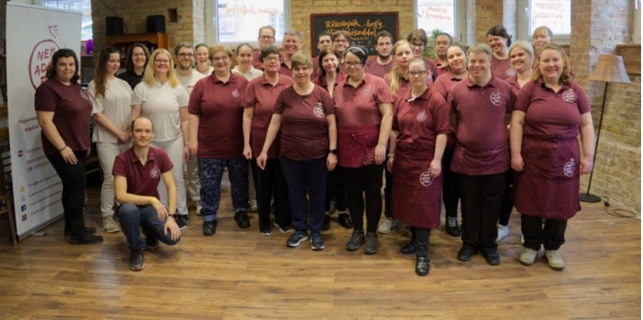MarSenses from the Balearic Islands in Spain: a best practice about the implementation of an equality plan
MarSenses is a hospitality brand that operates in the Balearic Island with 4 hotels in Mallorca and 2 in Menorca, with a total of 450 employees. The company aims to create memorable Mediterranean experiences.






